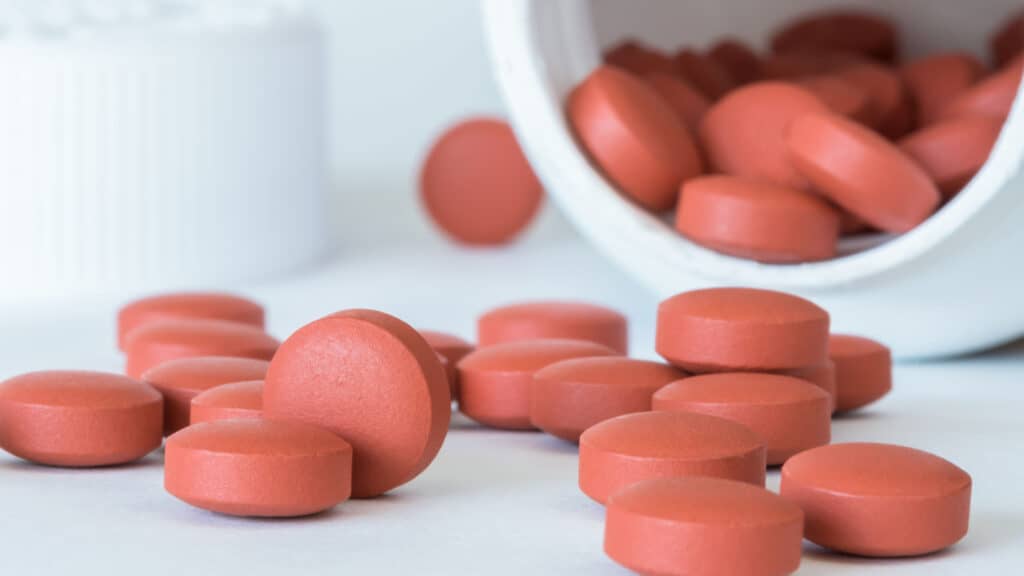Are You Sabotaging Your Gut Health? 8 Things to Stop Doing Now
Your gut health plays a crucial role in your overall well-being. From digestion to immunity, a healthy gut contributes to your body’s optimal functioning. However, many of us unintentionally engage in habits that can harm our gut. In this article, we’ll highlight eight common practices you should stop doing to support and improve your gut health.
1. Overconsumption of Processed Foods

Processed foods, often laden with preservatives, artificial additives, and excess sugar, can disrupt the balance of beneficial bacteria in your gut. These foods offer little nutritional value and can lead to inflammation and digestive issues.
2. Excessive Antibiotic Use

While antibiotics are essential for treating infections, their overuse can harm your gut microbiome. Antibiotics not only target harmful bacteria, but also affect the beneficial ones, potentially leading to imbalances in your gut.
3. Lack of Dietary Fiber

A diet low in fiber can deprive your gut bacteria of the nutrients they need to thrive. Fiber-rich foods, such as fruits, vegetables, and whole grains, promote the growth of beneficial bacteria and support a healthy digestive system.
4. Too Much Stress

Chronic stress can have detrimental effects on your gut health. It can lead to imbalances in gut bacteria and disrupt the gut-brain connection, potentially triggering gastrointestinal issues.
5. Insufficient Sleep

Inadequate sleep can negatively impact your gut health. Sleep deprivation can alter the composition of your gut microbiome and contribute to digestive problems.
6. Frequent Use of NSAIDs

Non-steroidal anti-inflammatory drugs (NSAIDs) like ibuprofen can irritate the lining of your stomach and intestines, potentially leading to gastrointestinal issues and harming your gut.
7. Consuming Artificial Sweeteners

Artificial sweeteners may disrupt the balance of gut bacteria, potentially leading to glucose intolerance and other metabolic problems.
8. Ignoring Food Sensitivities

Ignoring or not identifying food sensitivities can harm your gut health. Undiagnosed sensitivities can lead to inflammation and digestive discomfort, affecting your overall well-being. Do not rely on home-based tests. Differentiating and diagnosing true allergies versus sensitivities must be determined by a medical doctor.
Tips for Improving Gut Health

Now that you’re aware of these common practices to avoid, here are some tips to improve and maintain your gut health:
- Eat a Balanced Diet: Prioritize whole, unprocessed foods rich in fiber, and include probiotic-rich foods like yogurt and kefir.
- Limit Antibiotic Use: Only take antibiotics when prescribed by a healthcare professional and complete the prescribed course.
- Manage Stress: Practice stress-reduction techniques like meditation, yoga, or deep breathing exercises.
- Prioritize Sleep: Aim for 7-9 hours of quality sleep each night.
- Use NSAIDs Sparingly: Consult your healthcare provider for alternatives to manage pain or inflammation when possible.
- Choose Natural Sweeteners: Opt for natural sweeteners like honey or maple syrup in moderation.
- Identify Food Sensitivities: If you suspect food sensitivities, consider an elimination diet or consult a healthcare professional for testing. Steer clear of home-based tests.
The Takeaway

Remember that everyone’s gut is unique, and what works for one person may not work for another. Pay attention to your body and its responses to different foods and habits to tailor your gut health strategy accordingly. Prioritizing a healthy gut can lead to improved digestion, better immunity, and overall well-being.
Science Tells Us What To Expect As We Age: Strategies For Thriving In Later Life

How does aging affect our bodies and minds, and how can we adapt to those differences? These are questions that pertain to us all. Aging gradually alters people over decades, a long period shaped by individuals’ economic and social circumstances, their behaviors, their neighborhoods, and other factors. Also, while people experience common physiological issues in later life, they don’t follow a well-charted, developmentally predetermined path. Let’s take a look at what science has told us to expect. READ: Science Tells Us What To Expect As We Age: Strategies For Thriving In Later Life
Join Us

Join us on this empowering journey as we explore, celebrate, and elevate “her story.” The Queen Zone is not just a platform; it’s a community where women from all walks of life can come together, share their experiences, and inspire one another. Welcome to a space where the female experience takes center stage. Sign up for our newsletter so you don’t miss a thing, Queen!







